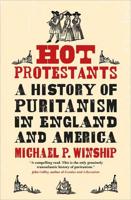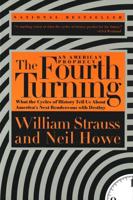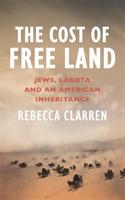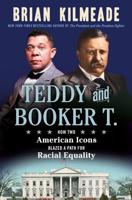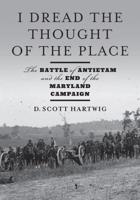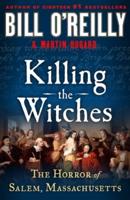Publisher's Synopsis
Major General Edward Braddock (1694-1755) A veteran of the Coldstream Guards and former governor of Gibraltar, Major General Edward Braddock was given command of a small expeditionary force sent to North America to remove the French from the continent. His immediate goal-to dislodge them from Ohio River Valley. His force, consisting of the veterans of two regular regiments of foot plus numerous colonial units, was met on the path seven miles from Fort Duquesne by a small French and Indian army and was soundly defeated. Braddock, severely wounded, died a few days later. George Washington (1732-1799) Faced with the prospect of being demoted to captain, George Washington had resigned his commission in the Virginia forces in October, 1754 and focused his attention on organizing his new estate at Mount Vernon. On March 2, 1755, he received a letter from Braddock's loyal aide-de-camp, Captain Robert Orme inviting him to join the general's "Family" as an aide. Washington jumped at this second chance to pursue his goal of a military career. The young aide, eager to learn, kept his own personal copy of Braddock's daily orders to the army, known as his "Orderly Book." Braddock's Orderly Books Washington's copies of General Braddock's Orderly Books were originally published in 1878 as an appendix to William H. Lowdermilk's History of Cumberland (Maryland). Lowdermilk's edition, however, contained numerous errors, with entire pages of the manuscript inserted in the wrong location. The originals, along with most of George Washington's papers, are held by the Library of Congress and have now been made readily available for viewing on the American Memory pages of their website. This edition reprints Lowdermilk's original. However, a close comparison has been made to the originals and the appropriate corrections have now been made. Selected Correspondence of George Washington Part II of this work contains the correspondence of George Washington related to the Ohio Expedition of 1755. Included are his accounts of the Battle of Monongahela sent to Lieutenant Governor Robert Dinwiddie, his mother Mary Ball Washington, and his younger brother John Augustine Washington. Washington's letter book of this time contains memorandums that he inserted later. This edition publishes those memorandums as Washington originally wrote them. Appendices The British casualty list from the Battle of Monongahela as originally published in Lowdermilk. In addition, as with all Normal Warfare Publications, this work contains an extensive appendix with biographical information on all the major participants mentioned within the work.

